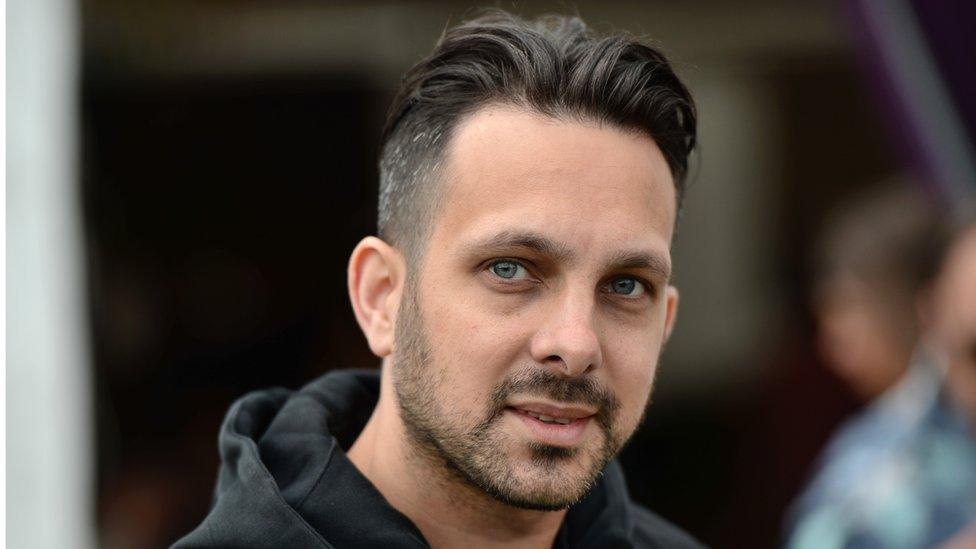Dynamo: How Crohn's made me '150% better at magic'
- Published
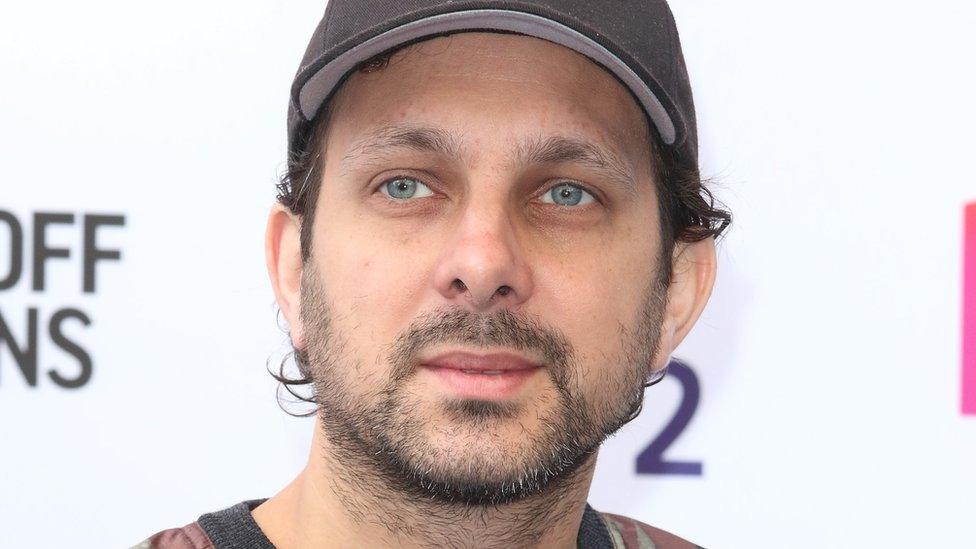
Dynamo in July 2019
Magician Dynamo has said his struggle with Crohn's disease and arthritis has made him "150% better at magic".
At the height of his illness, doctors told Dynamo, whose real name is Steven Frayne, that he may never be able to use his hands to perform magic again.
"I was like, I'm Dynamo, I've got to figure out a way to do it," he told The Travel Diaries podcast.
"I do the impossible. I'm not going to go out like this."
He decided to put the magic in the audience's hands, and "try and empower them", he told podcast host Holly Rubenstein.
"But over time I started to get the use of my hands back. I had all these new skills that I'd developed in my hospital bed - and the old skills coming back too. So although I'm not 100% healthy yet, I am technically 150% better at magic."
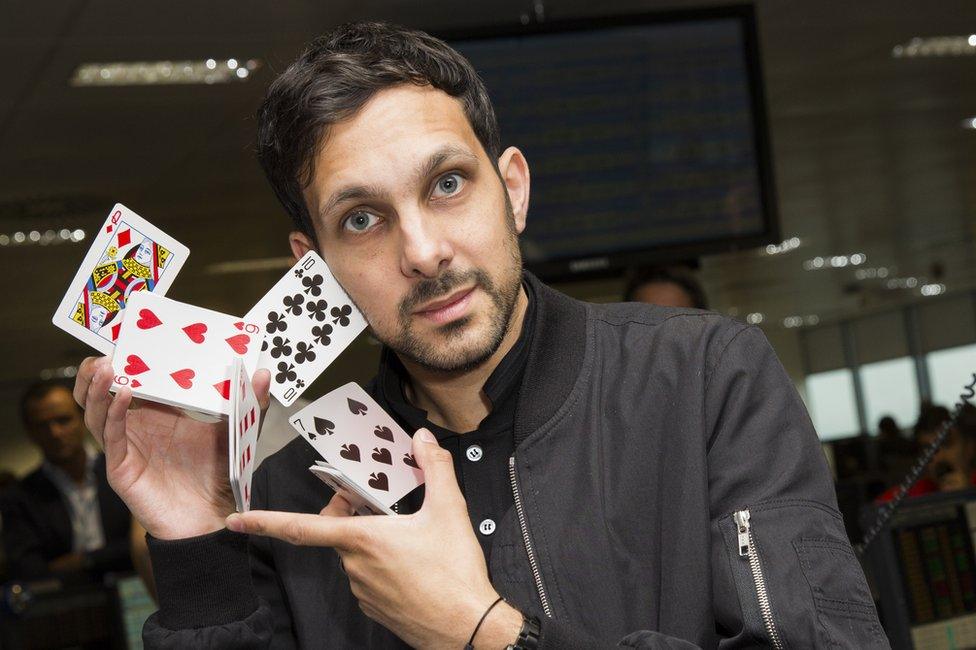
Dynamo's health forced him to step back from the limelight at the height of his success, having played arena tours and starred in TV shows including Dynamo: Magician Impossible.
In 2018, he addressed a dramatic change in his appearance, explaining that his medication regime caused him to "put on quite a lot of body weight" and develop a rash.
He told The Travel Diaries he used two months in hospital to conceive his forthcoming Sky One series, Beyond Belief.
"I was on a lot of heavy medication, which made me go a little bit crazy. But some of the ideas that came into my head were out of this world. I wrote them down in my little black book and this series brings those ideas to life."
The three-part special shines a light on Dynamo's journey towards recovery, as well as taking viewers across the globe as he performs "heart-stopping magic".
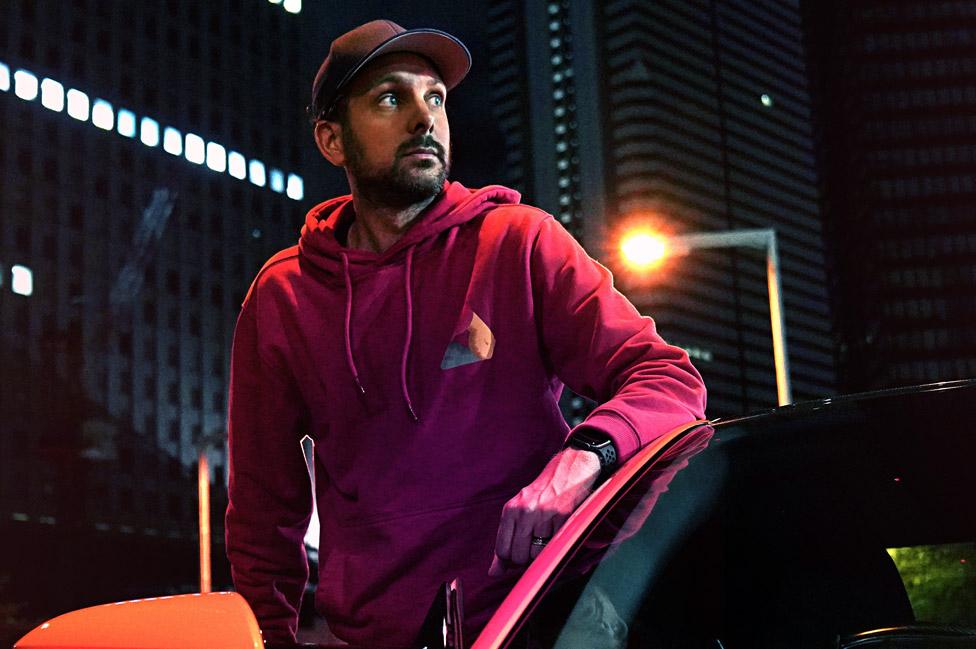
Dynamo is set to star in Sky One series Beyond Belief
As far as his own travels are concerned, Dynamo recently shared photos from his time gorilla-trekking in Rwanda.
"I almost died a year and a half ago. I [didn't] want to wait too long to tick off the number one thing on my bucket list."

What is Crohn's disease?
Crohn's disease is a condition in which parts of the digestive system become swollen
It affects people of all ages and starts in childhood or early adulthood
The main symptoms are diarrhoea, stomach aches and cramps, tiredness and weight loss
There is no cure for the disease, but treatments can control the symptoms
In some cases surgery is undertaken to remove a small part of the digestive system
Source: NHS, external

Follow us on Facebook, external, or on Twitter @BBCNewsEnts, external. If you have a story suggestion email entertainment.news@bbc.co.uk, external.
- Published27 March 2018
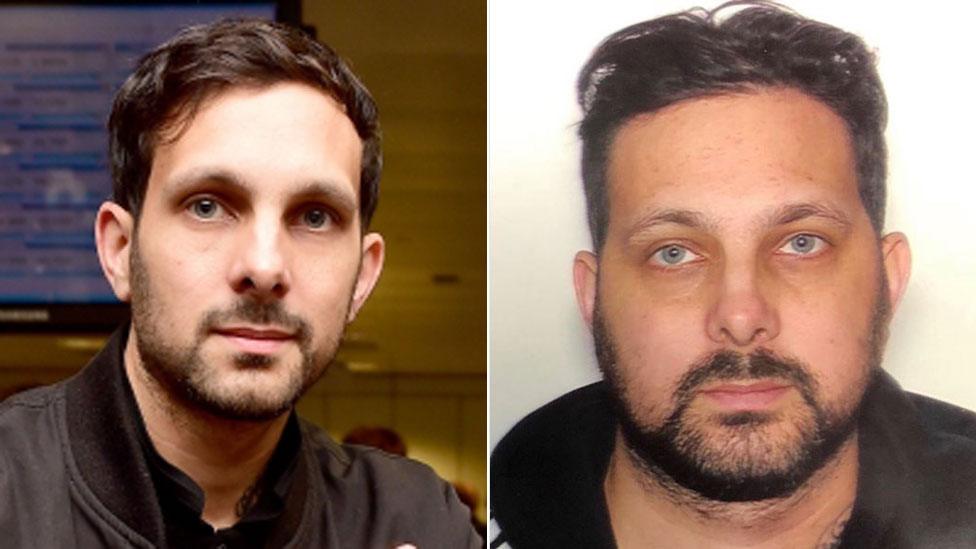
- Published18 April 2018
